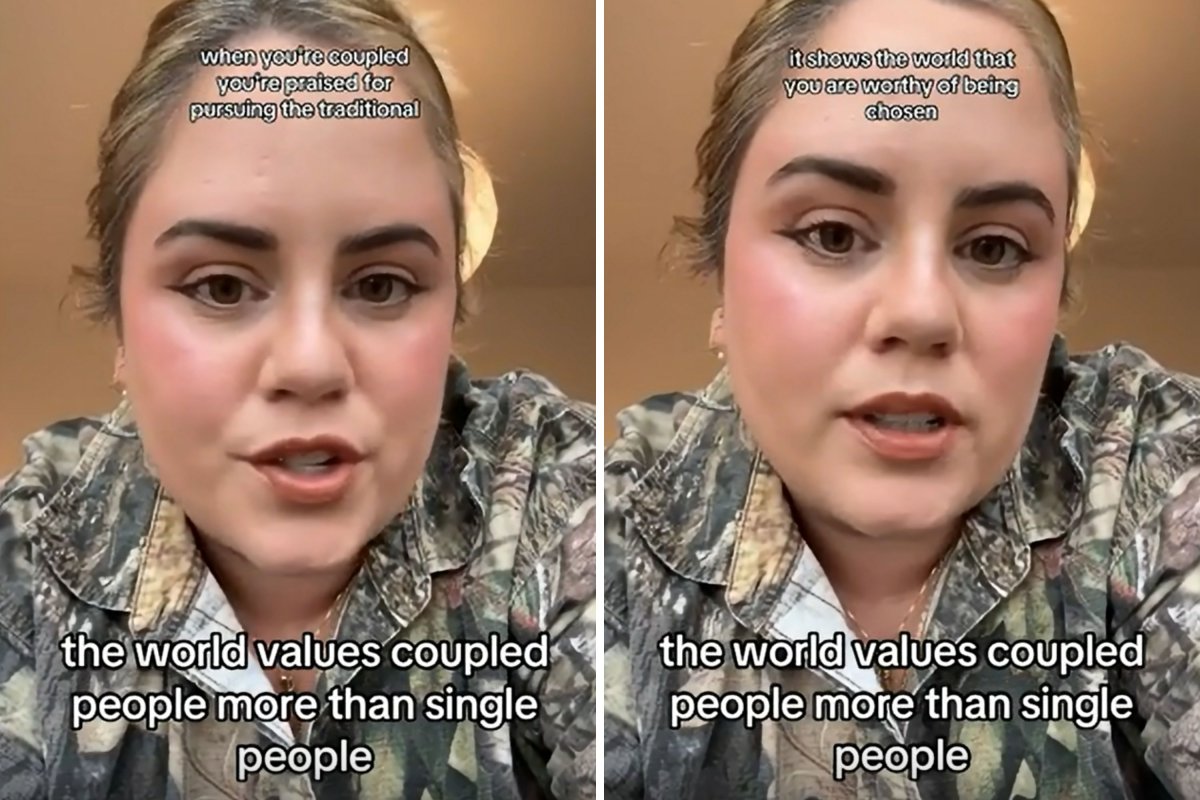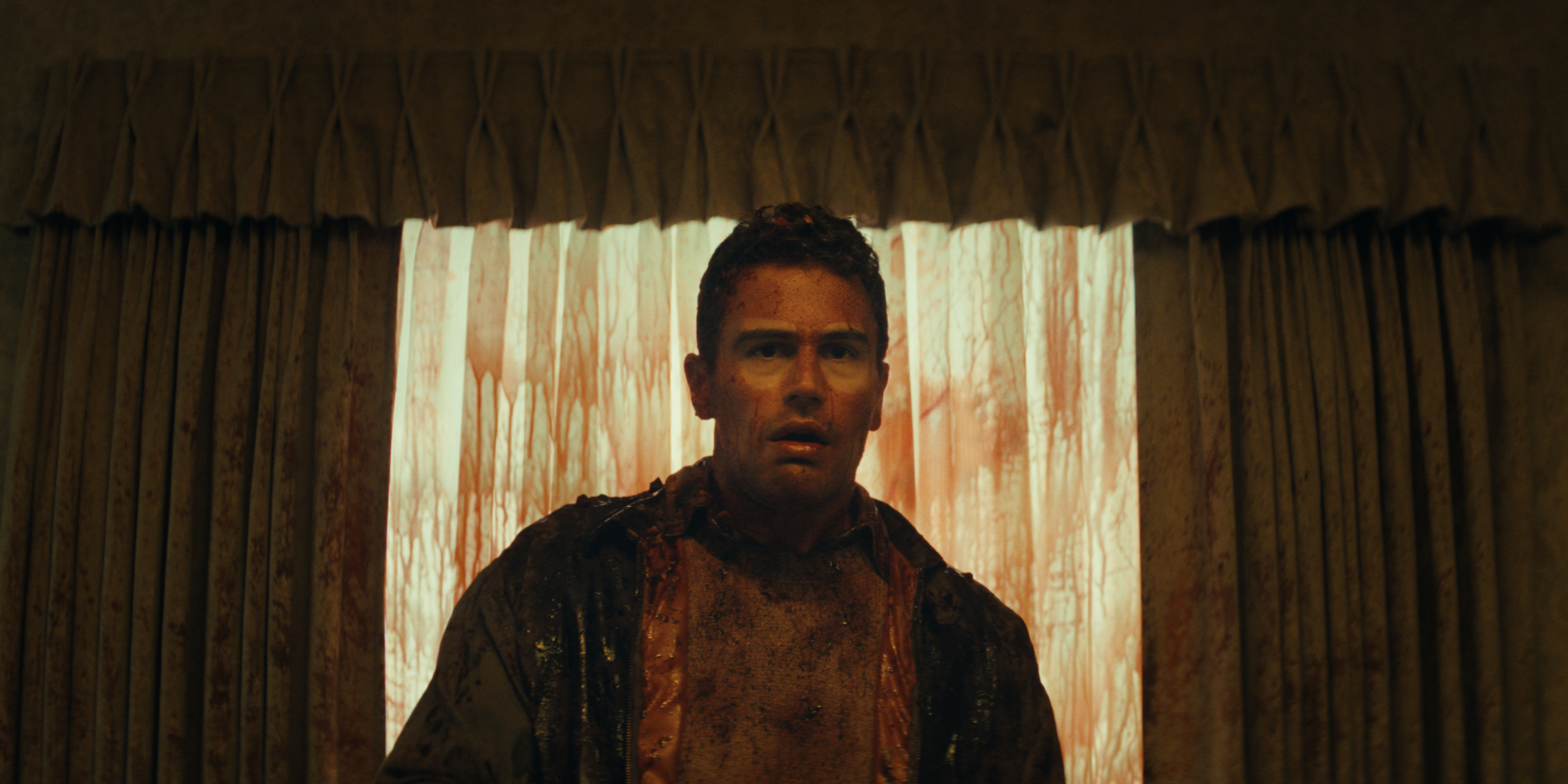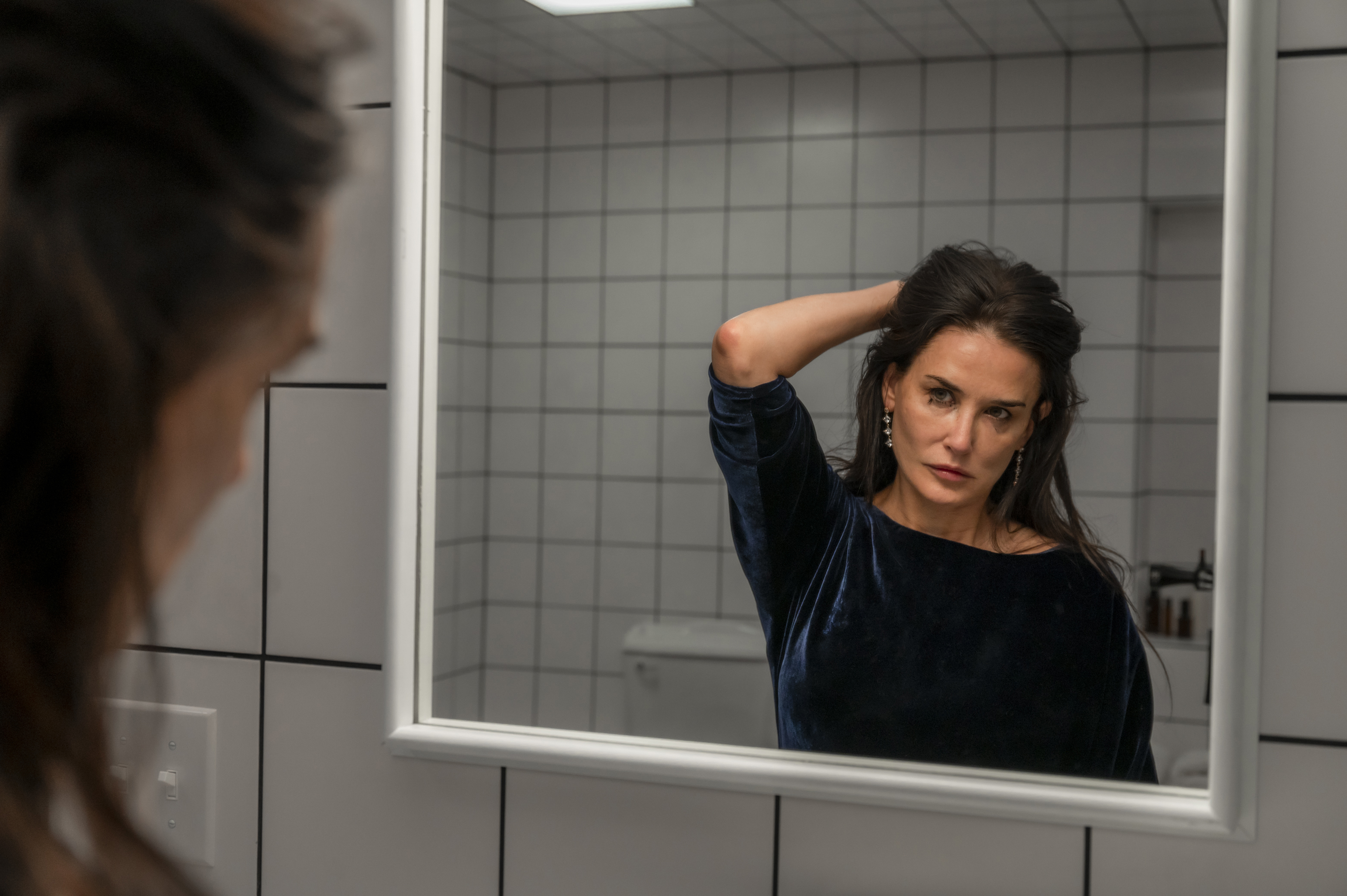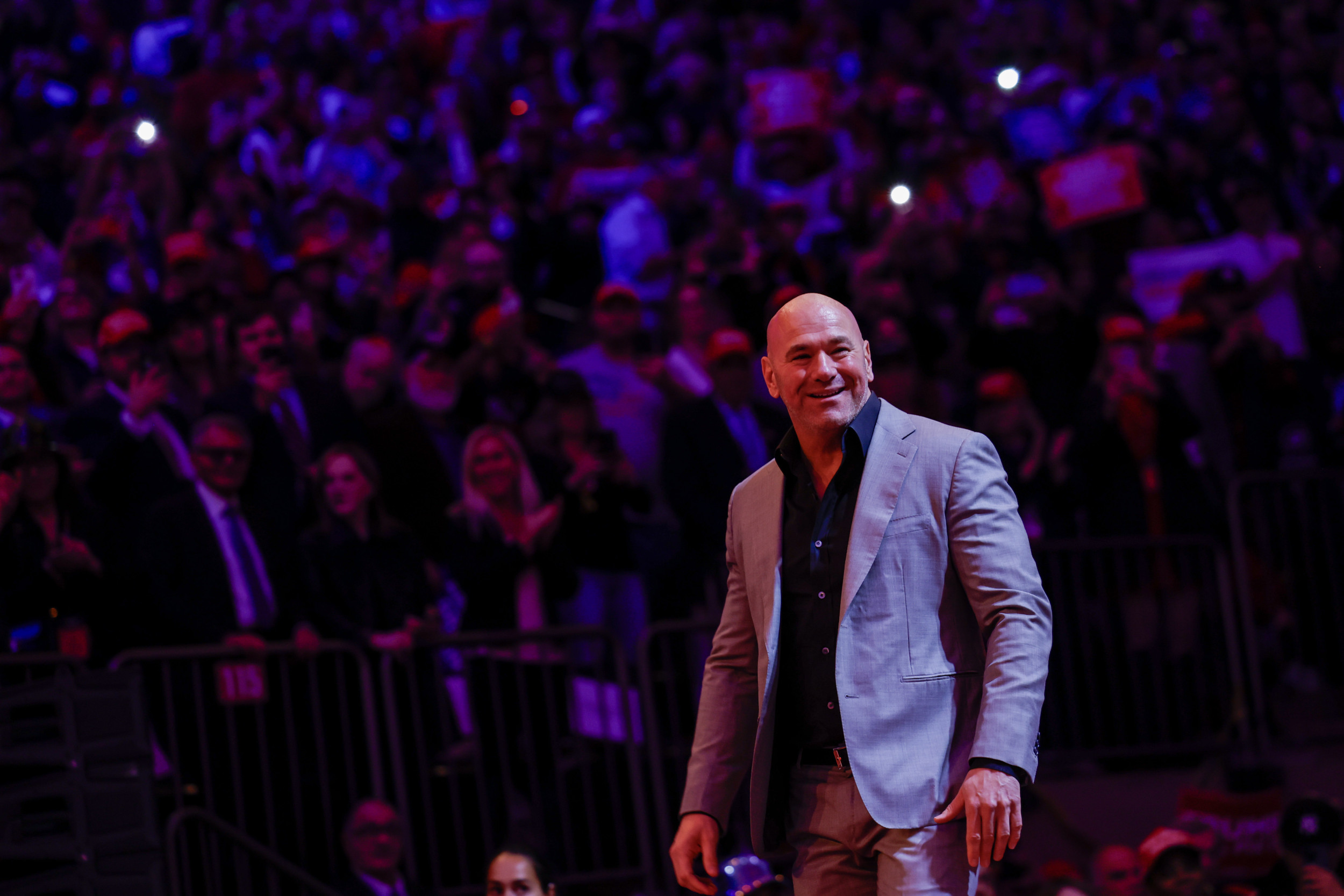Meaghan Wray, a 34-year-old from Toronto, Canada, recently took to TikTok to share a personal observation for her single viewers.
In the viral video which reached over 180,000 viewers, Wray reflected on how society disproportionately values coupled individuals—particularly women in heterosexual relationships—over their single counterparts. Wray spoke to Newsweek about how she came to this conclusion and how she wants to reorient her life according to her own values, instead of society's.
"The world values coupled people more than single people. This is a hill I will die on and one of my biggest resentments," she said in the video. Wray discussed how being in a relationship is often equated with success, maturity and worthiness in society, leaving single individuals feeling overlooked and undervalued.

The Burden of Societal Expectations
Wray's insights are rooted in her personal experiences and cultural conditioning. She told Newsweek how societal pressures to couple up have shaped her self-perception and relationships.
"From as early as kindergarten, I knew that being liked by a boy meant a lot about who I was as a person...That core belief has never really left, as much as I hate to admit it," she said. This ingrained narrative led her to tolerate toxic relationships and accept poor treatment in her pursuit of being "chosen."
"I resent the fact that many of us feel we have to be coupled to be respected as adults...to feel accomplished in life," she said.
Wray certainly isn't alone in feeling this way. Dr. Marisa T. Cohen, marriage and family therapist and relationship expert at Hily, told Newsweek why society places higher value on coupled individuals.
"There is a halo effect when it comes to coupledom," Cohen said. "Being in a couple may signal to others that the person is capable of commitment, skilled at expressing their love for another, able to compromise, and can effectively communicate. These assumptions may be inaccurate, but people are essentially viewing a person in a positive light because of their relationship status."
Conversely, single people are often seen as lonely or unfulfilled—a misconception that research increasingly disproves.
Beyond internal struggles, Wray noted how societal preferences for coupledom also influence platonic relationships. "I've been the friend that other friends drop or deprioritize once they get a partner, get married or have kids," she said.
Wray's experiences highlight a broader societal tendency to elevate romantic love over platonic relationships.
"Sorry, but, in my opinion, a romantic partner is not enough. One person cannot be everything to you, and I truly think that's where so many relationship problems stem from," Wray said.
Changing the Narrative
While societal pressures to couple up stay strong, Wray and experts like Cohen offer guidance for those grappling with these expectations.
"It's important to continue to build community in a way that works for you—comprised of both singles and coupled friends," said Cohen. She advised celebrating the freedoms of single life, pursuing personal goals and valuing existing connections with friends and family.
On a broader scale, Wray called for a shift in societal values: "In a utopian world, I'd love for society to view staying single or exploring other types of relationships as an empowering choice," she said.
For Wray, the path forward involves questioning traditional ideas of success and fulfillment—something Cohen fully endorses.
"There is absolutely nothing wrong with being single, and in fact, it can be celebrated," Cohen said. "The mistake is to give in to societal pressures to be in a relationship, or to settle for less than you deserve."




















 English (US) ·
English (US) ·